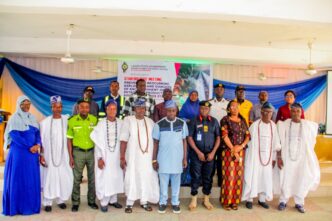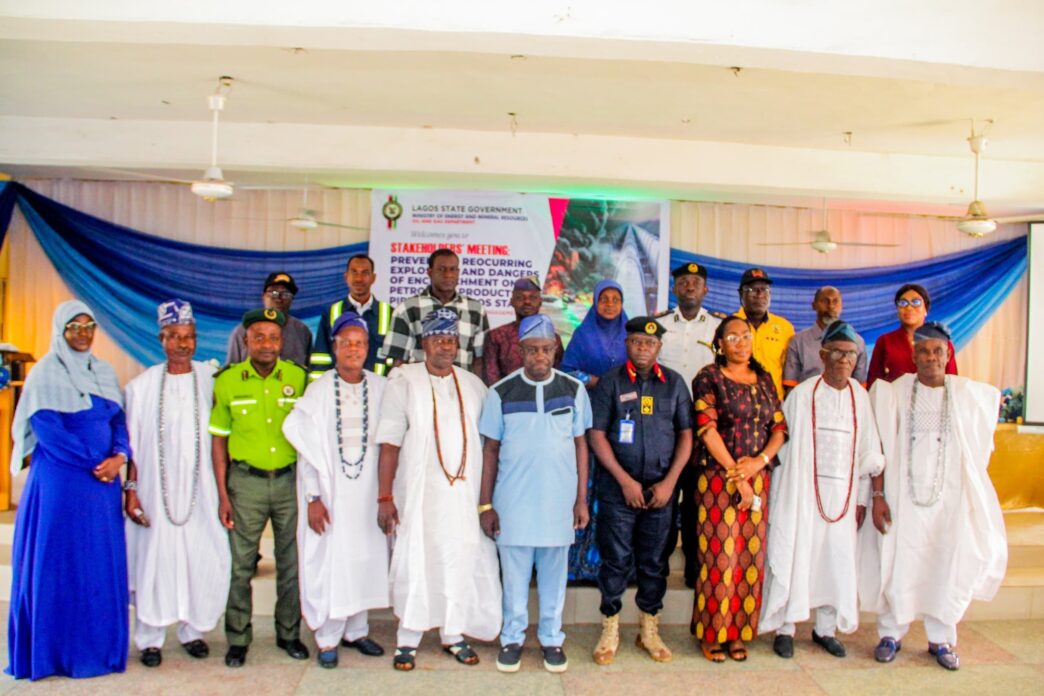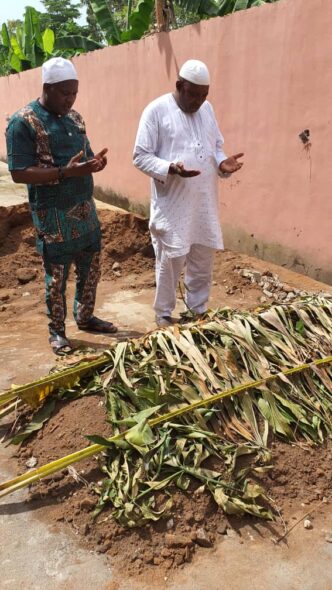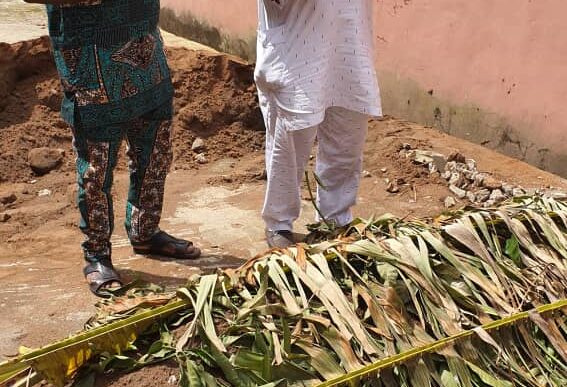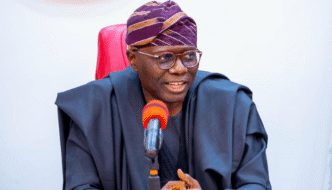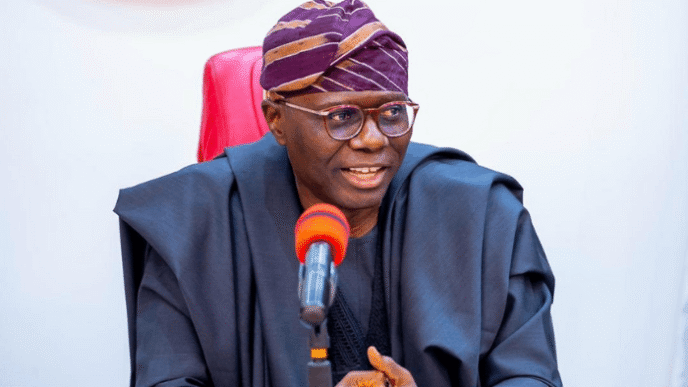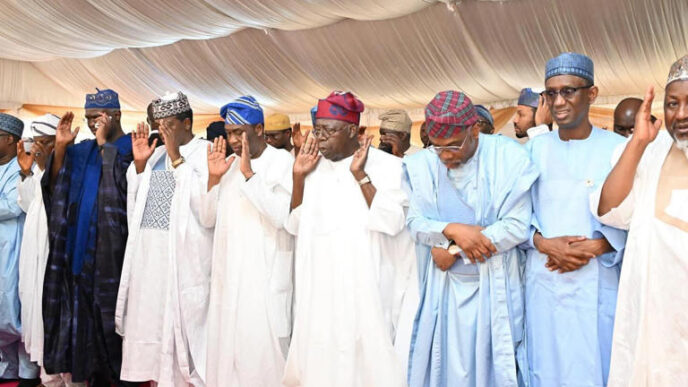The Lagos State Ministry of Energy and Mineral Resources has engaged stakeholders in the Ikorodu area to rally support for the protection of critical oil and gas infrastructure.
EpeInsights gathered that the stakeholders’ engagement, held at the Ikorodu Local Government Hall, was themed “Preventing Recurring Explosions and the Dangers of Encroachment on Petroleum Products Pipelines in Lagos State”.
It brought together key figures from government agencies, traditional institutions, security forces, community associations, and industry players.
Speaking at the event, the Commissioner for Energy and Mineral Resources, Mr. Biodun Ogunleye represented by Engr. Adedayo Adereti, Head of the Ministry’s Oil & Gas Department emphasised the urgent need for collective action in the face of rising cases of pipeline sabotage.
“Across Lagos communities, including Ikorodu, our petroleum product pipelines are increasingly under threat,” Ogunleye said.
“These acts result in avoidable disasters, tragic loss of lives, and destruction of property. It is time for a united front to protect our shared future.”
He called on residents to report suspicious activities, discourage illegal construction along pipeline corridors, and educate others about the dangers of tampering with energy infrastructure.
“If you see something, say something,” he urged. “Informed and united communities are our first line of defence.”
Highlighting the government’s ongoing efforts, Ogunleye noted initiatives such as pipeline route mapping, collaboration with the Nigerian National Petroleum Company Limited (NNPCL), and strategic engagement with security agencies and the National Midstream and Downstream Petroleum Regulatory Authority (NMDPRA).
Representing the Ayangburen of Ikorodu, HRM Oba Kabiru Shotobi, Chief Olukayode Olomo underscored the need for greater consultation with traditional rulers.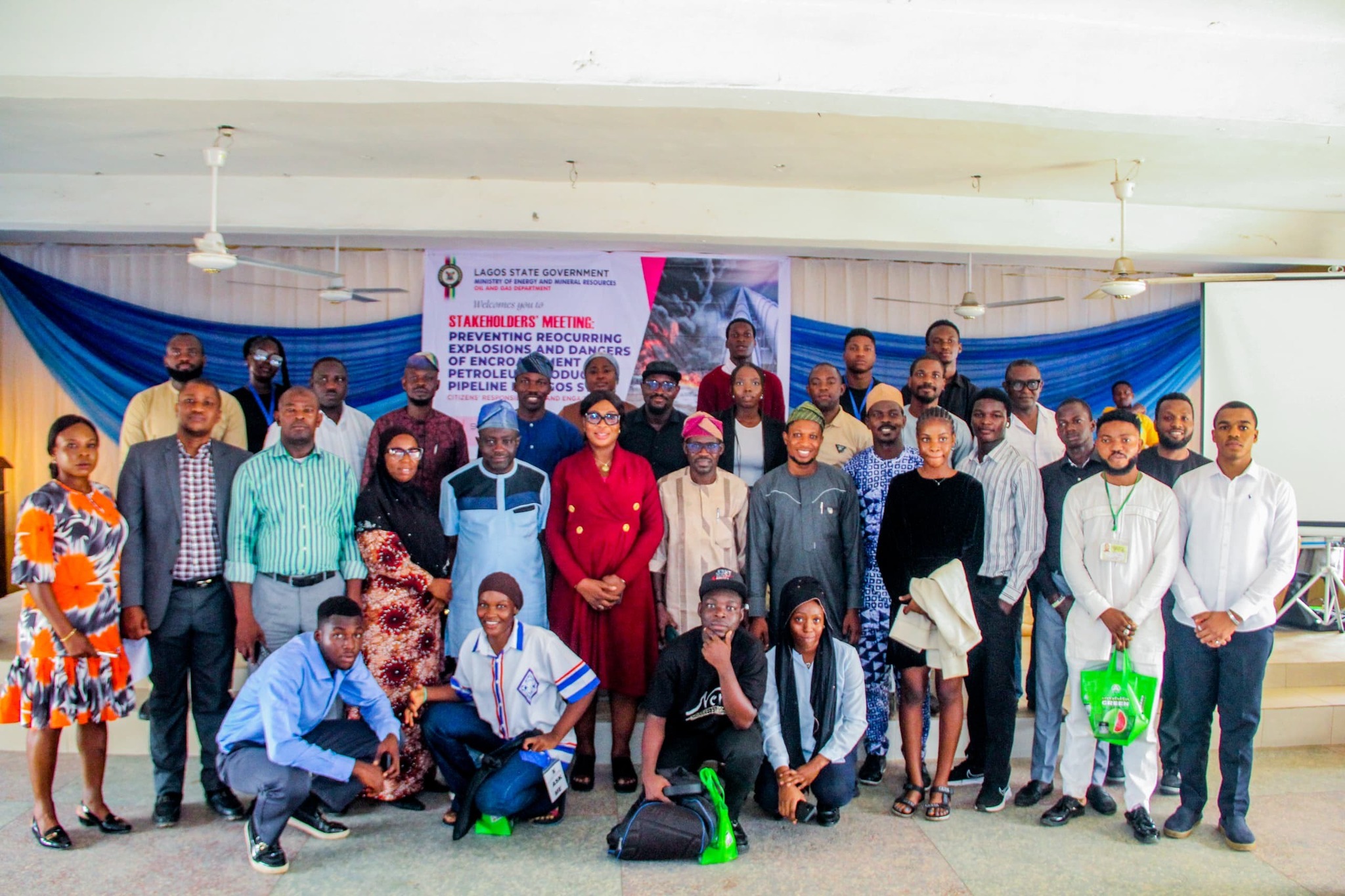
“Those responsible for pipeline construction must involve traditional leaders from the beginning,” he advised.
Operators of the Falcon pipeline network in Lagos, represented by Engr. Samuel Ugwu of Falcon Petroleum Ltd, shared safety measures and highlighted the need for vigilant public cooperation.
“Maintain buffer zones and report any suspicious digging or tampering immediately,” he said.
Also addressing the gathering, Engr. Sanuth Ogunlaja of the Lagos State Safety Commission reiterated the role of regulatory enforcement and introduced community-based safety monitoring models, stressing that safety is a shared responsibility.
Mr. Olukotun Odunayo, Chief Fire Officer of the Lagos State Fire and Rescue Service, provided a demonstration on emergency response techniques during pipeline-related fire incidents.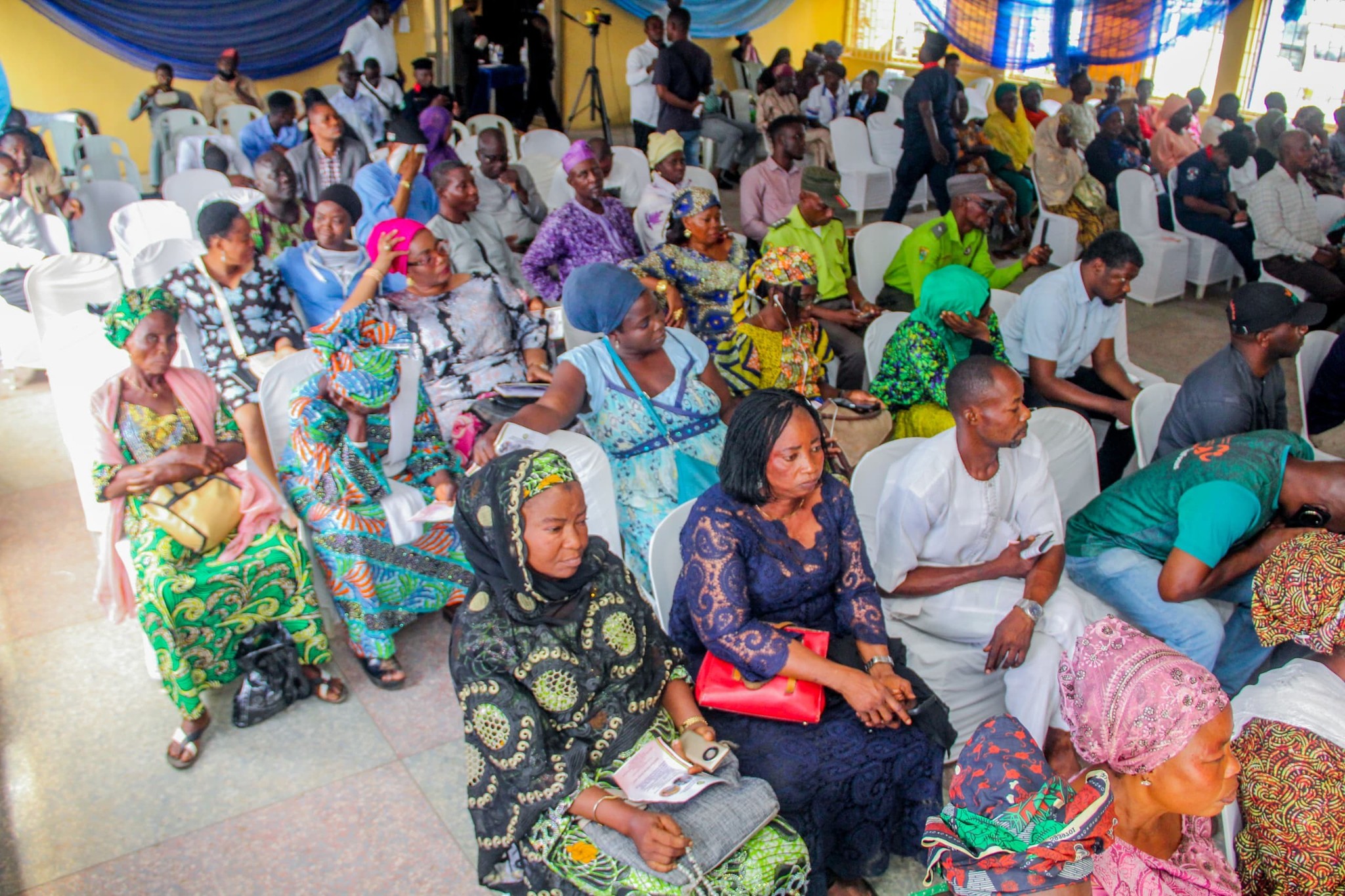
He encouraged residents to familiarize themselves with safety protocols and hotline numbers.
In a security briefing, Deputy Commandant of the Nigeria Security and Civil Defence Corps (NSCDC), Agbetiloye Kolawole, discussed intelligence gathering, surveillance, and early warning systems.
He assured the community of continued partnership with local vigilantes and police to protect national assets.
“Pipeline sabotage is not just a criminal act, it’s economic sabotage and a direct threat to our lives,” he warned.
“Community vigilance is key to prevention.”
The event attracted a diverse group of participants, including traditional rulers, landlords’ associations, youth groups, market leaders, civil society actors, and members of the media—all united in the shared goal of safeguarding the state’s energy infrastructure.
